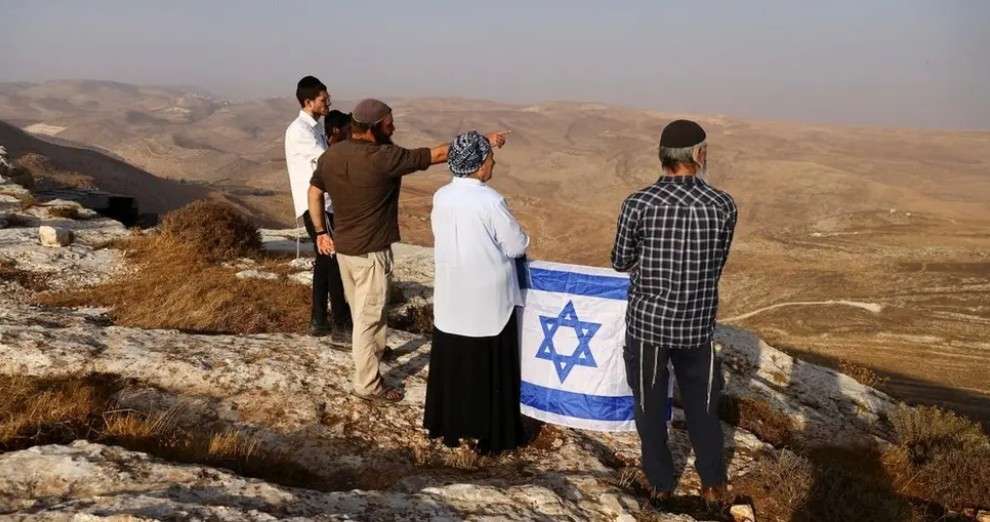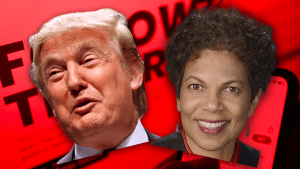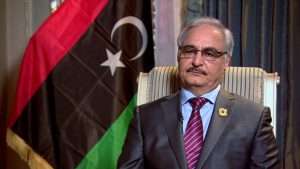Singapore to sanction Israeli settlement leaders

Singapore will issue targeted sanctions on leaders of Israeli settler groups, Foreign Minister Vivian Balakrishnan announced in parliament on September 22nd, according to the Middle East Eye via Reuters.
Balakrishnan told lawmakers that the decision reflects Singapore’s concerns over the expansion of Israeli settlements in the occupied West Bank, and fears that such developments might undermine peace negotiation efforts.
“We call on the Israeli government to cease settlement construction and expansion,” he said. “We oppose ongoing attempts to create new facts on the ground which undermine the prospects for a two-state solution.”

The foreign minister denounced the E1 settlement project, a plan to link occupied East Jerusalem with the large settlement bloc of Maale Adumim. Having previously been criticised by the United Nations, the project would effectively split the West Bank in two, making a contiguous Palestinian state nearly impossible.
Balakrishnan also reiterated Singapore’s support for a two-state framework. He stated that the recognition of Palestinian statehood is still Singapore’s objective, but would be timed in accordance to what he described as an “appropriate constellation” of factors.
“Ultimately, to resolve this longstanding conflict in a comprehensive, just and durable manner, there needs to be a negotiated settlement which results in two states, one Israeli and one Palestinian, with their peoples living alongside each other in peace, security and dignity,” he added.
Singapore’s announcement comes amid rising international criticism of settlement expansion, along with increasing diplomatic moves to recognise Palestinian statehood. Several Western nations have formally recognised Palestine, citing frustration over stalled negotiations and ongoing violence.
While Singapore has not detailed the exact scope of its sanctions, the plans represent the government’s disapproval towards settler group leaders and Israel’s occupation policy. Its position also aligns it more closely with the majority of United Nations member states, which already recognise Palestinian sovereignty.
Middle East Eye via Reuters, Maghrebi.org
Want to chase the pulse of North Africa?
Subscribe to receive our FREE weekly PDF magazine













